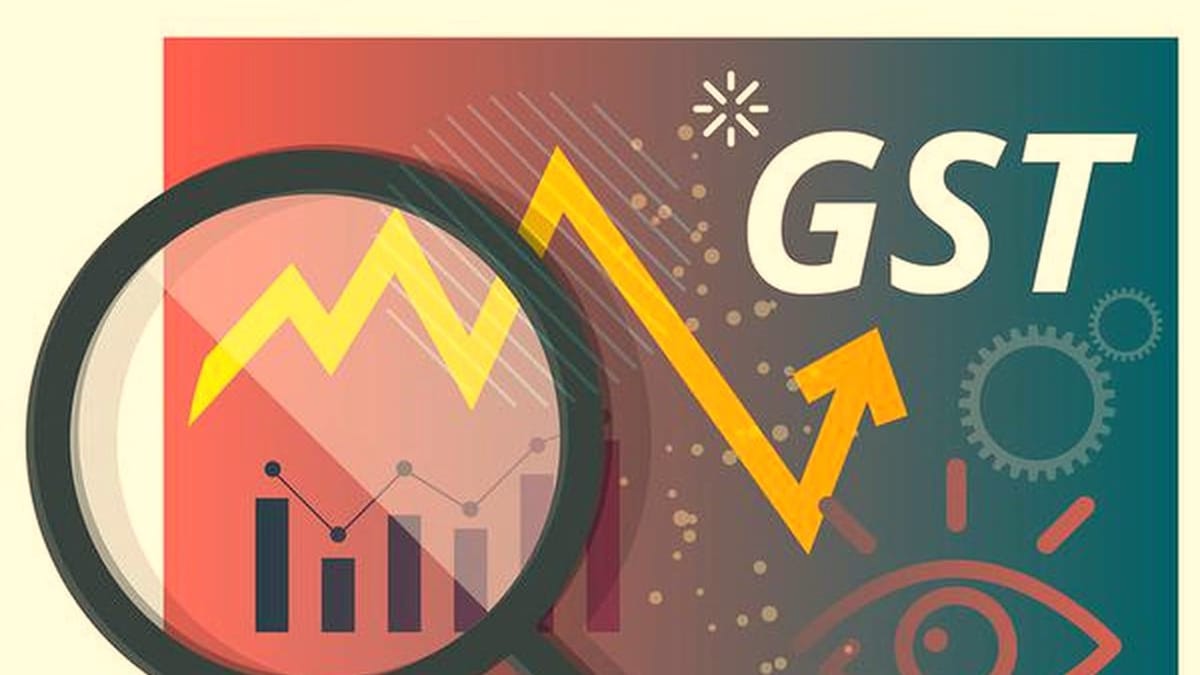vinti | Jun 27, 2022 |

Extension of the GST Compensation Cess Levy till March 2026
The government has extended the period during which the GST compensation cess may be levied till March 2026.
The compensation cess will continue to be collected from July 1, 2022, to March 31, 2026, in accordance with the Goods and Services Tax (Period of Levy and Collection of Cess) Rules, 2022, which were announced by the finance ministry.
The cess was supposed to end on June 30, but the GST Council, which was made up of state FMs and was presided over by Union Finance Minister Nirmala Sitharaman, decided to extend it until March 2026 in order to pay back the loans that had been taken in the previous two fiscal years to make up for the shortfall in their revenue collection.
The system of compensating states for revenue shortfalls brought on by the inclusion of their levies, including VAT, in the single national tax GST, will stop in June 2022, Sitharaman stated following the 45th GST Council meeting in Lucknow in September of last year.
To make up for the borrowings made in 2020–21 and 2021–22 to compensate states for the loss of GST revenue, a compensation cess on luxury and depreciable products will still continue to be collected until March 2026.
The Center has borrowed and disbursed Rs 1.1 lakh crore in 2020–21 and Rs 1.59 lakh crore in 2021–22 as back-to-back loans to pay a portion of the shortfall in cess collection in order to fill the resource gap of states caused by the short delivery of compensation.
For the borrowing in 2021–2022, the Centre has paid back Rs 7,500 crore in interest costs, and Rs 14,000 crore is still owed this fiscal year. The principle payback period will begin in 2023 and last through March 2026.
The government implemented the Goods and Services Tax (GST) on July 1, 2017, and states were guaranteed compensation for any revenue losses resulting from GST implementation for a five-year term.
Although the protected revenue of the states has been increasing at a compound annual growth rate of 14%, the cess collection has not increased in the same proportion, and Covid-19 has widened the gap between protected revenue and the real revenue receipt, including the cess collection reduction.
The total amount of GST compensation owed to the states through May 31, 2022, has been provided by the federal government.
Rajat Mohan, senior partner at AMRG & Associates, stated that the continuation of the compensation cess charge will result in higher tax rates being applied to goods including tobacco, cigarettes, hookah, aerated water, high-end motorcycles, aircraft, yachts, and motor cars.
“The extension of the levy of compensation cess, although expected, will continue to impose a burden on the impacted businesses, especially sectors like automotive, which need to be encouraged as it is one of the sectors that has a multiplier effect on GDP and employment,” said M S Mani, a partner at Deloitte India.
“The issue whether the states will be rewarded beyond 5 years or not may eventually get addressed in the upcoming GST Council meeting,” said Abhishek Jain, Partner Indirect Tax, KPMG in India.
In case of any Doubt regarding Membership you can mail us at contact@studycafe.in
Join Studycafe's WhatsApp Group or Telegram Channel for Latest Updates on Government Job, Sarkari Naukri, Private Jobs, Income Tax, GST, Companies Act, Judgements and CA, CS, ICWA, and MUCH MORE!"